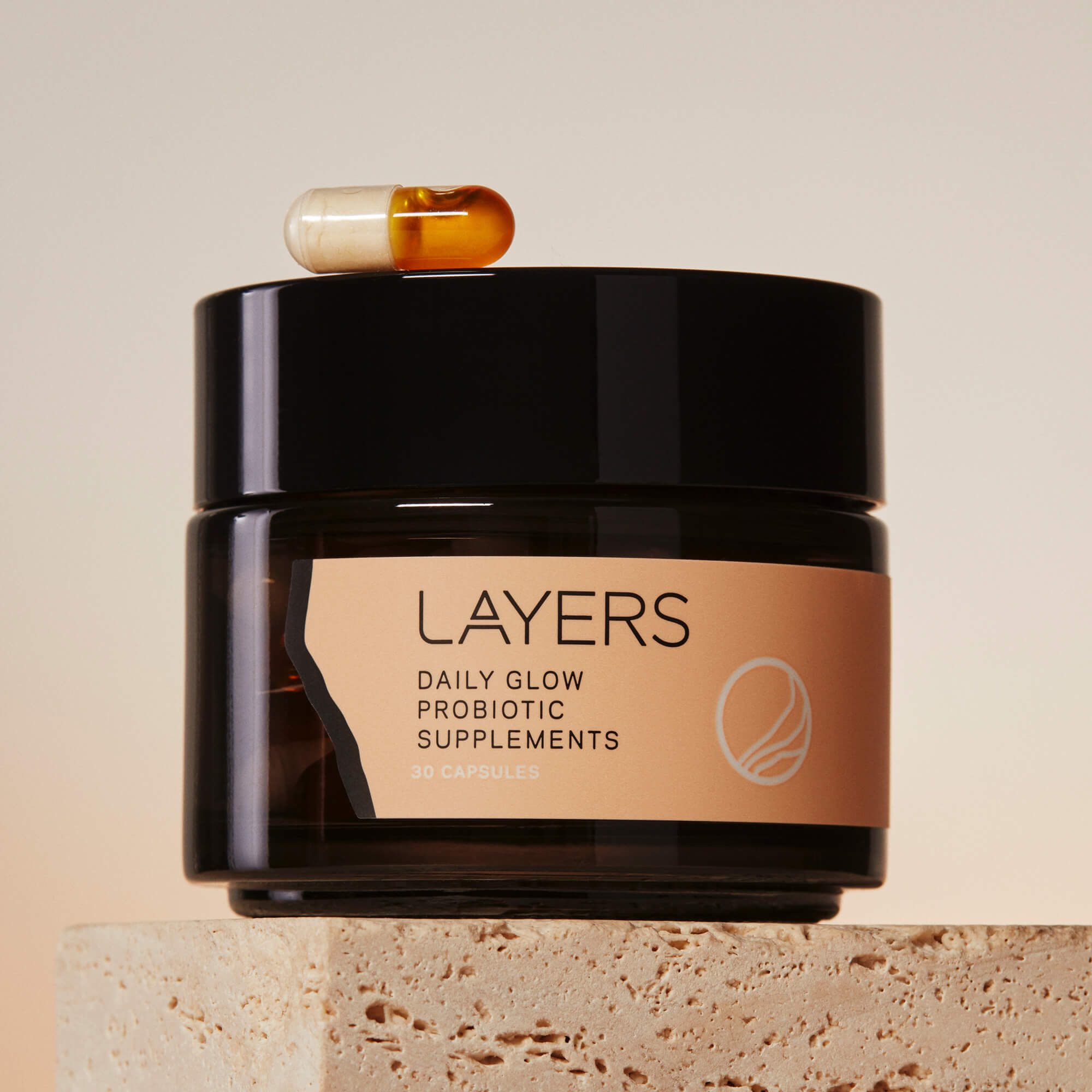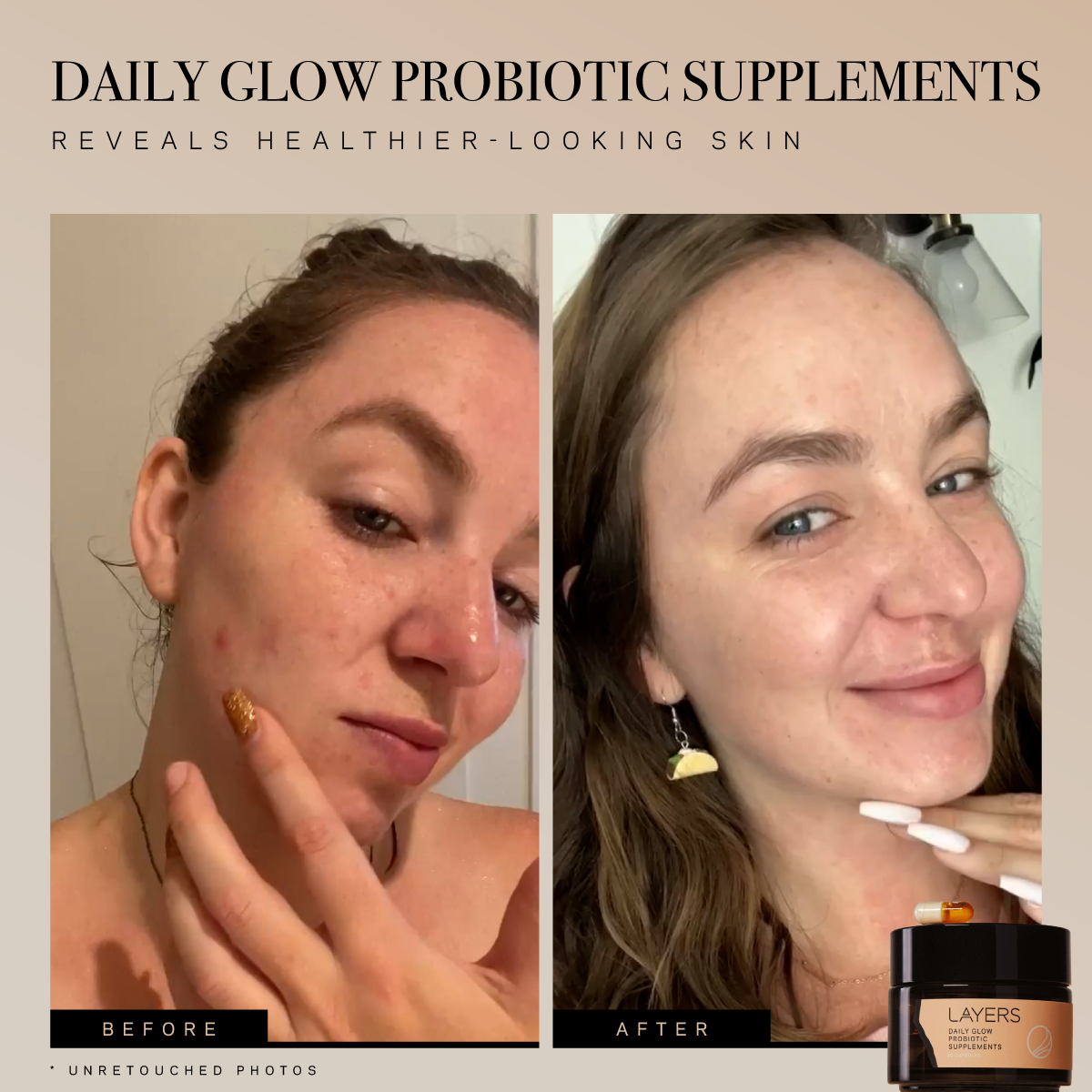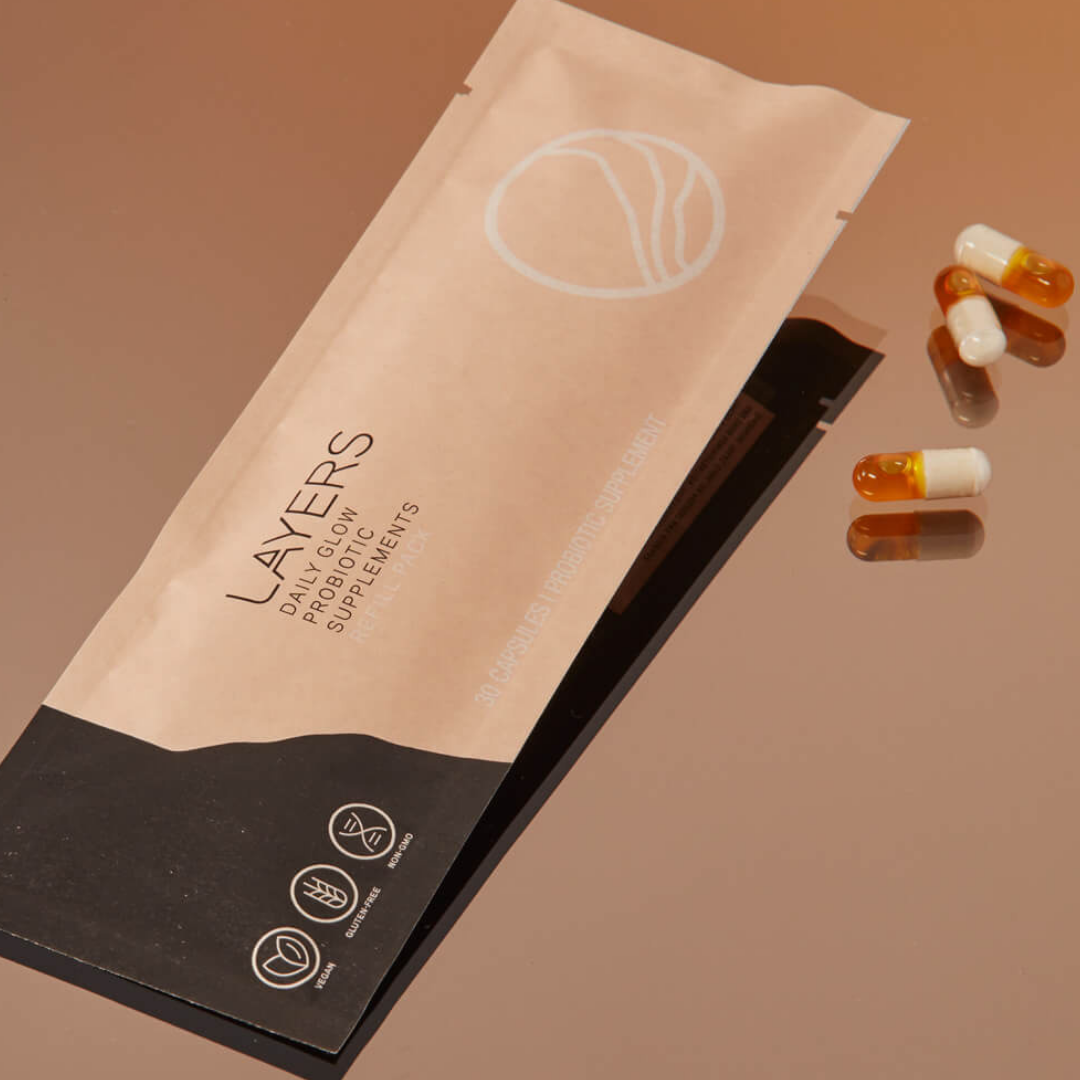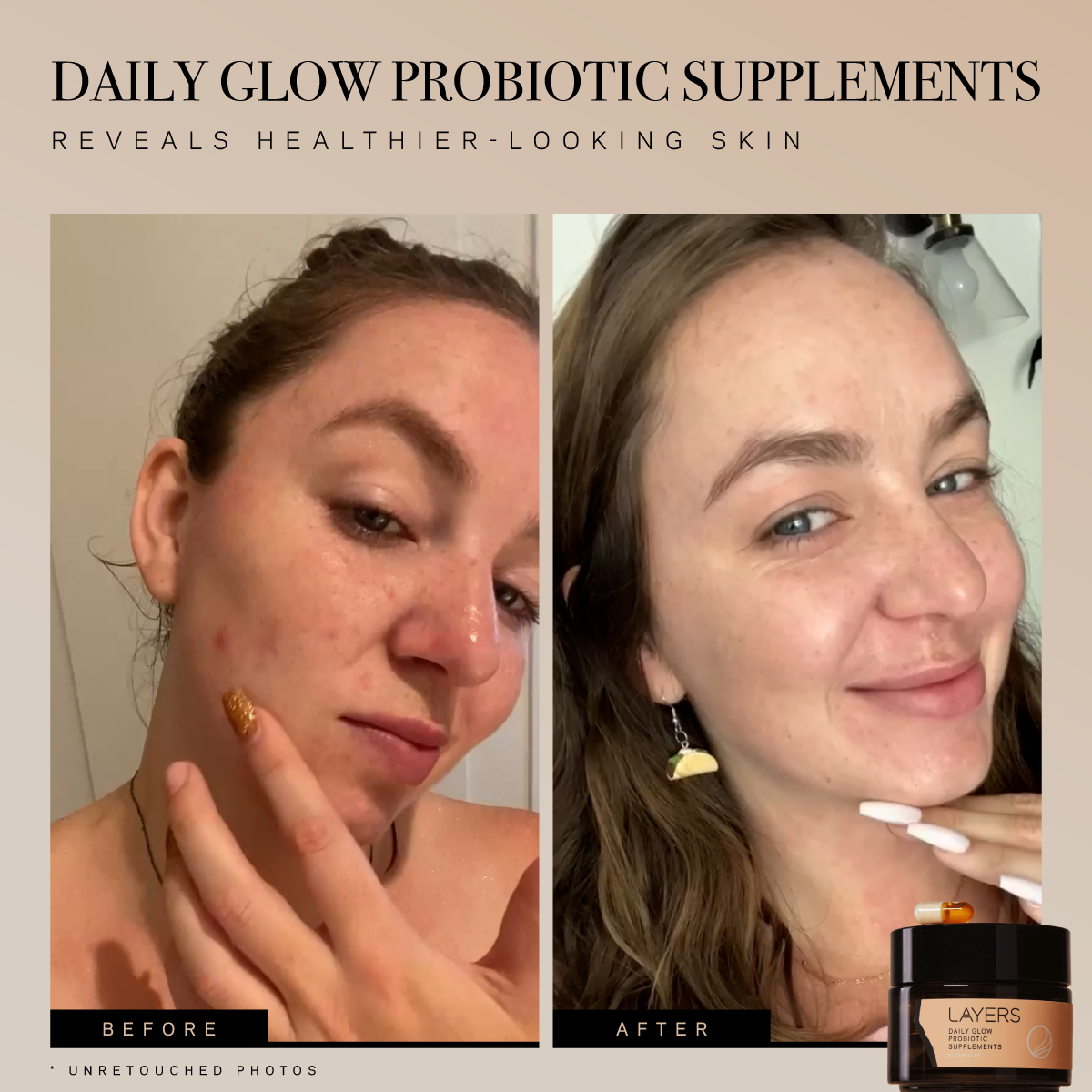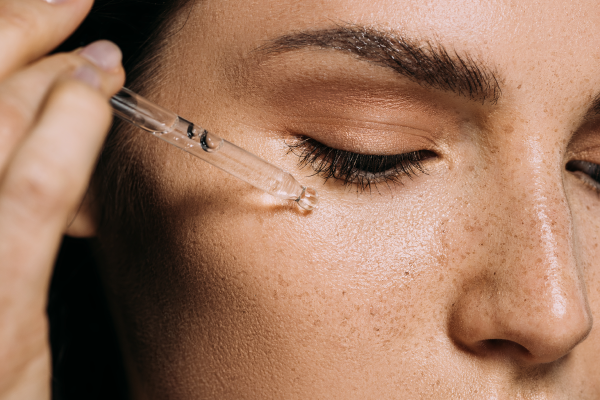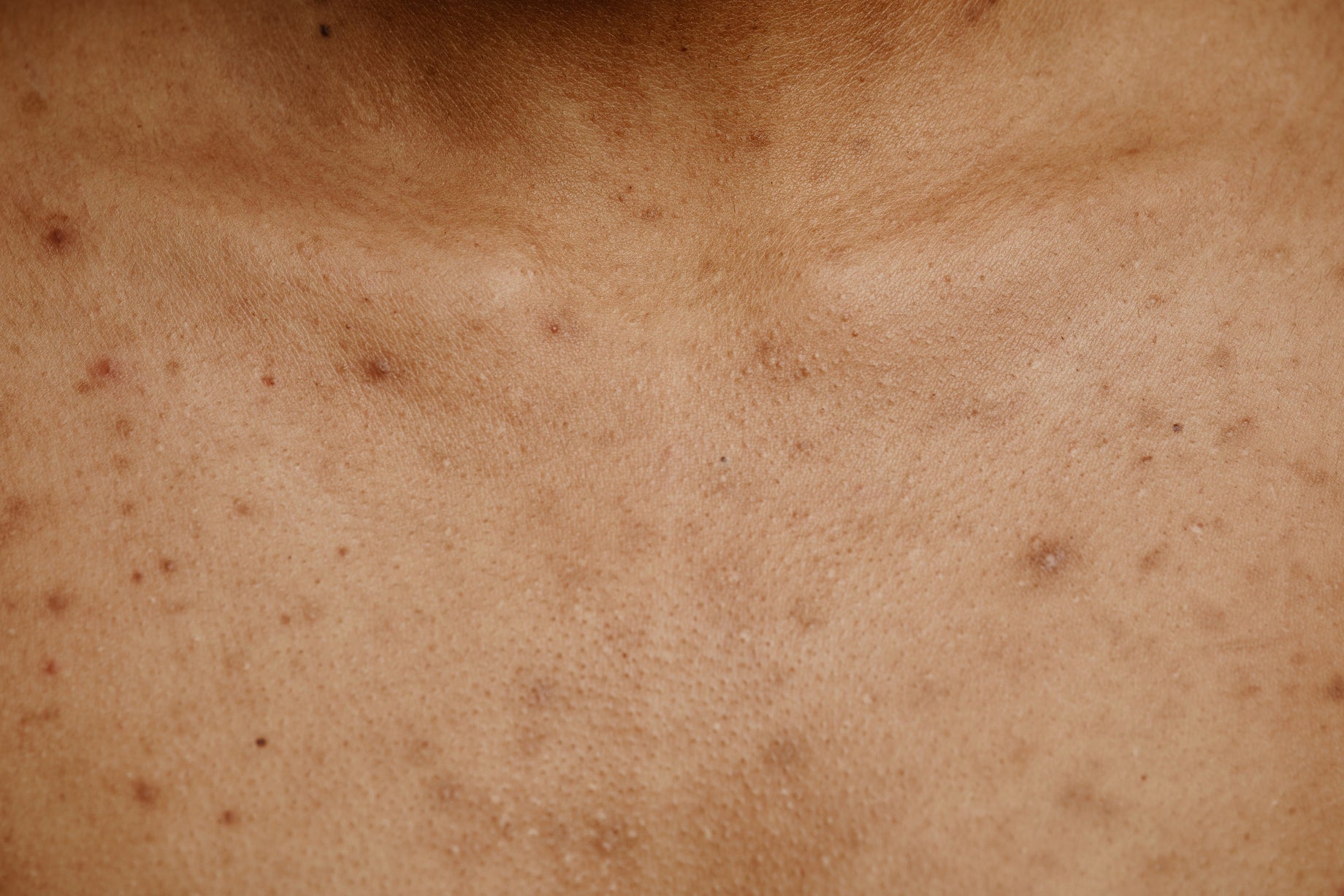Skin conditions, sleep issues, mood disorders, and digestive problems all point to the gut. Learn how it’s all connected.
There’s a whole, hidden world that exists inside of your digestive system. You probably don’t think about it on the regular, that is unless it has something to say. If you feel your stomach reacting to something you’ve eaten that it disagrees with, that can cause discomfort. But it’s not just about what you eat. There are several reasons digestive discomfort could be taking place, so getting to know your unique gut microbiome is the key to finding solutions that work for you.
WHY IS GUT HEALTH SO IMPORTANT?
Your digestive system isn’t just the place where food is processed. It’s actually got a brain of its own. The Gut-Skin Axis is responsible for 70% of your immune function and plays a major role in your body’s ability to fight inflammation. The health of your gut microbiota determines how well your body obtains energy from the food you eat and how you expel toxins.
There are so many things we’re learning about the importance of the Gut-Skin Axis. Science continues to inform us every day about this long under-researched aspect of health. One recent study concluded that supplementing with probiotics could be the key to altering the gut microbiome to reach a healthier state, helping those who suffer from skin conditions like rosacea and psoriasis.
We’re also learning more about how our gut health affects our mood. The American Psychological Association have determined that our gut bacteria are responsible for manufacturing 95 percent of our serotonin, the brain chemical that influences our mood. A wide variety of neurochemicals are also produced in the gut to help us with mental processing like memory and how we learn. The bottom line? Gut health should be taken seriously. Paying attention to when something feels off is so important because it has the potential to affect our overall quality of life.
SYMPTOMS OF A GRUMPY GUT
A gut bacteria imbalance can manifest in several ways. It can feel like you’re bloated all the time or like your body can’t digest certain foods after a meal. Or, it can cause constipation, acid reflux, gas, and cramping. Those are the issues that seem normal to connect to the digestive system. But there are others we might not associate with so easily.
When your gut bacteria are out of balance, skin conditions like eczema, acne, and psoriasis can show up. These have all been linked to inflammation in the body, which is regulated by gut bacteria. Whether it be “bad” bacteria, stress, your environment, or food sensitivity, your body’s ability to fight whatever is causing the inflammation depends upon maintaining a state of balance within the gut microbiome.
Here are the symptoms to pay attention to if you think you might have a gut bacteria imbalance:
-
Stomach cramps, acid reflux, constipation, bloating, gas, or heartburn
-
Gastrointestinal conditions like IBS or Crohn's disease
-
Inflammatory skin conditions such as eczema, psoriasis, rosacea, or acne
-
Chronic fatigue or insomnia (linked to low serotonin production)
-
Food intolerances, most commonly dairy and wheat
-
Mood imbalances or the sudden onset of depression or anxiety
HOW TO HEAL A GRUMPY GUT
If you suffer from any potential gut-related conditions, then it’s important to consult your doctor. Reaching out to a gastroenterologist, a gastrointestinal health specialist, is a wise place to begin your gut healing journey. There are also everyday lifestyle changes that can go a long way in helping you get your gut microbiome in a better state of balance.
In 2021, the European Academy of Dermatology and Venereology presented new research highlighting the relationship between the gut-skin axis and a host of inflammatory skin diseases. The first line of defense they recommend to combat inflammatory skin conditions is to adopt a healthier diet. They also suggest incorporating probiotics that introduce good bacteria to help support your gut microbiome.
-
Clean up your diet: Focus on healthy, whole foods and less of the processed stuff
-
Boost your good bacteria with probiotic supplements
-
Reduce inflammation using an inside-outside approach: Eat more anti-inflammatory foods and use anti-inflammatory skincare products that won’t disrupt your microbiome.
-
Quit smoking: Ingesting nicotine, aldehydes, polycyclic aromatic hydrocarbons, heavy metals, and toxic gases is bound to have negative consequences on your microbiome.
-
Find healthy ways to manage stress: Take a walk, get regular exercise, and practice yoga or meditation.
Better gut bacteria balance is achievable through better lifestyle balance. For example, if you’re staying out late a little too often, consuming too much alcohol, not providing your body with enough probiotic and prebiotic foods, and you’re not sleeping properly, those things add up. Your skin reflects what’s happening on the inside, so it’s one of the first places an imbalance can show up. Understanding how the gut-brain and gut-skin axis work is the first step toward achieving better balance. Treat your gut with respect and it’ll do right by you and your skin.

